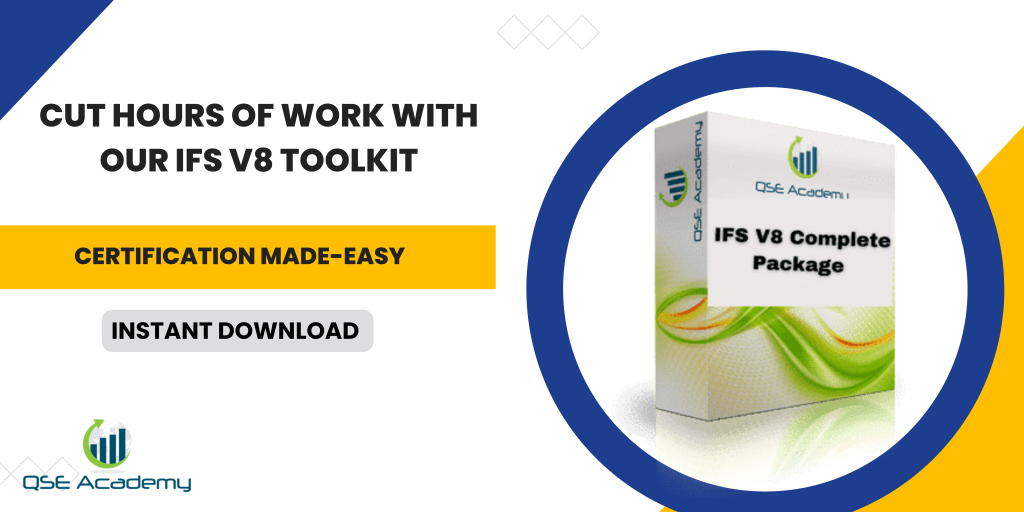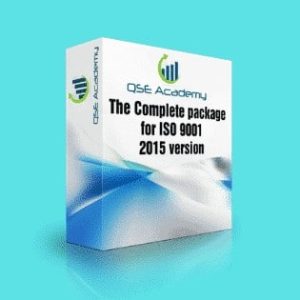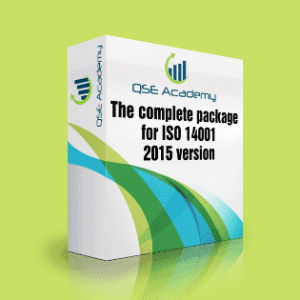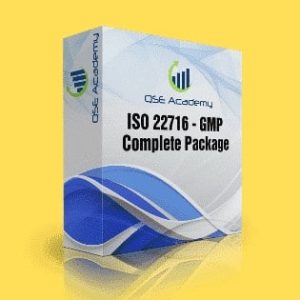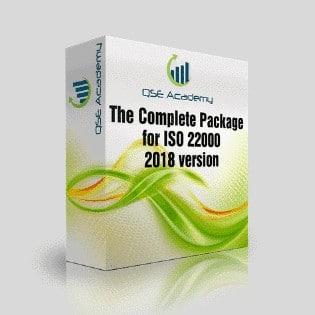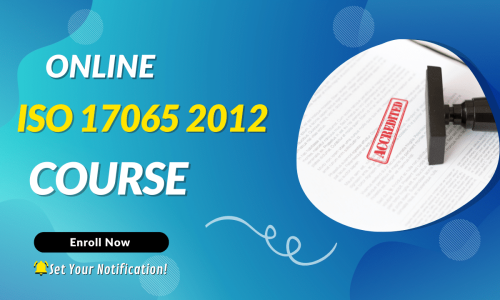Maintaining IFS V8 Certification: Renewal & Surveillance
Maintaining IFS V8 Certification: Renewal & Surveillance
Last Updated on November 20, 2025 by
What Happens After Certification (Realistic View)
Achieving IFS certification feels like a big milestone — and it is. But the real work begins afterward. I’ve seen companies celebrate certification, relax a little too much, and then scramble months later when the surveillance audit shows up on the calendar.
If you’re reading this, you’re probably looking for clarity on what maintaining certification actually means and how to stay audit-ready without creating constant stress.
By the time you’ve finished this guide, you’ll have a clear understanding of:
- How the IFS certification cycle works
- What surveillance and renewal audits involve
- How to maintain records and operational consistency
- How to prepare for the next audit without last-minute panic
The goal is simple: make certification sustainable — not reactive.
Understanding the IFS Certification Cycle — What Changes After Initial Approval
Once you receive your certificate, you enter a multi-year cycle:
- Year 1: Initial audit
- Year 2: Surveillance
- Year 3: Recertification audit
The system may feel familiar, but expectations shift. Surveillance isn’t a lighter version of the certification audit — it’s a check to make sure the system continues to work in practice.
Pro Tip: Keep thinking of IFS as a daily operating model — not a one-time project.
A common mistake is letting documentation, training, or traceability routines slide once the certificate is secured.
 Surveillance Audits — What to Expect and How They’re Different
Surveillance Audits — What to Expect and How They’re Different
Surveillance audits are designed to confirm ongoing compliance. The auditor will pay particular attention to:
- Repeat non-conformities
- Corrective actions from the previous audit
- Process consistency and operational discipline
- Evidence of continuous improvement
Depending on your certification conditions, the audit may be announced or unannounced.
Pro Tip: Capture improvements throughout the year — tracking them last-minute is stressful and often incomplete.
One client avoided a major finding simply because they kept monthly compliance logs instead of trying to reconstruct evidence right before the audit.
Ongoing Recordkeeping & Operational Discipline — Keeping the System Alive
Maintaining IFS certification means your records must reflect real activity — not staged compliance.
Key areas to monitor include:
- CCP and OPRP verification
- Validation and verification activities
- GMP and sanitation monitoring
- Calibration and maintenance logs
- Complaint handling and product safety incidents
It’s easy to keep up when teams are trained and the process is embedded — but extremely difficult when records become an afterthought.
Pro Tip: Review critical records weekly instead of waiting for quarterly reviews.
The most common issue I see? Missing signatures or timestamps. The process was done — but the evidence wasn’t captured.
Change Management — Handling New Products, Equipment, or Processes
Changes happen — new equipment, new product lines, new suppliers, or a shift in layout. But in IFS, even small changes affect:
- HACCP
- Procedures
- Training
- Traceability
- Risk assessments
If change isn’t documented, validated, and communicated, it becomes a risk.
Pro Tip: Keep a change-control register. It protects you, your audit, and your brand.
A frequent pitfall is updating one document (like a SOP) but forgetting linked elements like training or monitoring forms.
Corrective Actions & Continuous Improvement — Prevent Repeat Findings
IFS expects learning — not repetition. Any non-conformity must trigger corrective action that addresses the root cause, not just the symptom.
Use data from:
- Internal audits
- Complaints
- Deviations
- Monitoring failures
- Trends in findings
Tracking and analyzing trends helps demonstrate maturity — something auditors notice.
Pro Tip: Assign actions immediately after internal audits or issues arise — momentum matters.
I worked with a site that cut allergen-related deviations by 80% simply by treating the root cause instead of applying patches.
Preparing for Recertification — When the Audit Feels “Full” Again
As you approach the recertification audit (typically every third year), the process feels similar to the initial certification. The auditor will look at long-term consistency, improvements, and how the system evolved.
Preparation typically includes:
- Updating the risk assessment
- Refreshing HACCP validation
- Reviewing supplier performance
- Re-training or upskilling teams
- Updating KPIs and management review inputs
- Performing a full internal audit
Pro Tip: Do a readiness review 3–6 months before the recertification date — it gives you breathing room.
Waiting until the month before the audit almost guarantees stress.
FAQs — What Companies Usually Ask at This Stage
Does the certificate expire if the surveillance audit is late?
Yes — timing matters. If the audit isn’t completed within the required window, the certificate can lapse.
Do unannounced audits change how we operate?
Yes — but in a good way. They reinforce real-time readiness instead of staged preparation.
Can we switch certification bodies mid-cycle?
Yes, but it requires coordination and clear timing, especially if an audit window is approaching.
Conclusion — Staying Audit-Ready Should Feel Controlled, Not Chaotic
Maintaining IFS V8 certification isn’t about perfection — it’s about consistency. When the system is embedded into daily operations, surveillance and renewal audits feel manageable, predictable, and even routine.
I’ve supported many organizations through their multi-year certification cycles, and the most successful ones focus on steady habits — not last-minute fixes.
If you’d like, I can help you build a simple year-round maintenance plan — or you can start with a downloadable IFS compliance calendar.
Whether it’s ISO 9001, ISO 22000, or the cosmetics-focused ISO 22716, I’ve spent my career I’m not here to call myself an expert—I prefer “enthusiast” because I truly love what I do. When I’m not writing about standards, you’ll probably find me playing Piano 🎹, connecting with people, or diving into my next big project💫. I’m an engineer specialized in the food and agricultural industry
make ISO standards less intimidating and more approachable for everyone.
turning complex jargon into clear, actionable steps that businesses can actually use.
There’s something incredibly rewarding about helping people navigate food safety and quality management systems
in a way that feels simple, practical, and even enjoyable.
I have a Master’s in QHSE management and over 12 years of experience as a Quality Manager
I’ve helped more than 15 companies implement ISO 9001, ISO 22000, ISO 22716, GMP, and other standards
My clients include food producers, cosmetics manufacturers, laboratories, and service companies
I believe quality systems should be simple, useful, and efficient.

